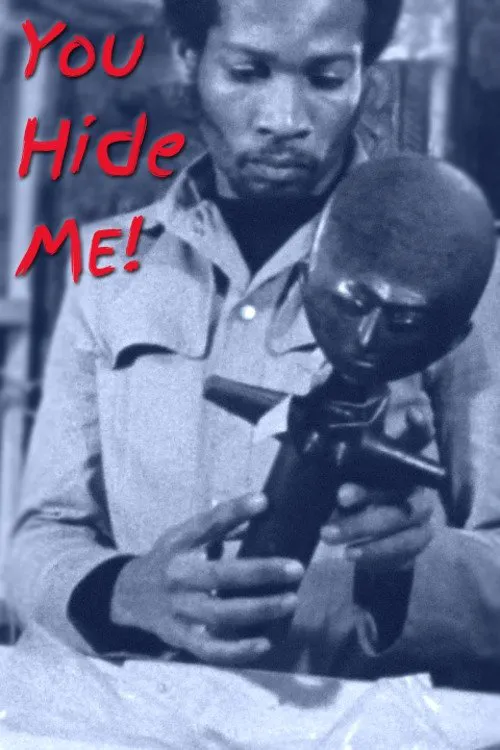You Hide Me

Plot
You Hide Me is a thought-provoking and visually stunning drama that delves into the complex dynamics of cultural representation, ownership, and the politics of art. The film's narrative revolves around the intersecting lives of two African individuals, Kofi and Ama, who embark on a visit to the British Museum in London. As they wander through the grand halls and galleries, they stumble upon an exhibit that seems incongruous with the rest of the collection. Tucked away in the basement, the walls of a dimly lit room are adorned with an assortment of ancient Benin bronzes, a treasure trove of art and symbols from West Africa. These exquisite pieces, crafted centuries ago by skilled artisans, reveal the ingenuity, creativity, and pride of a bygone era. Kofi, an art historian, is deeply moved by this discovery. He sees the Benin bronzes as more than just relics of a forgotten civilization; he views them as a testament to the richness of African culture, one that has been systematically erased, distorted, or hidden from public view. For him, the exhibit serves as a painful reminder of the colonial era's brutal legacy, one that ravaged the continent and pillaged its cultural heritage. Ama, on the other hand, is more skeptical. As she gazes upon the bronzes, she feels a mixture of emotions – shock, sadness, and outrage. She is troubled by the fact that these priceless artifacts have been kept hidden for so long, their true significance and cultural context diminished or distorted by Western interpreters. For her, the exhibit represents the entrenched racism and Eurocentrism that have long marginalized African voices and perspectives. As Kofi and Ama delve deeper into the museum's collections, they begin to uncover the labyrinthine paths of art history, politics, and power struggles. They encounter a cast of characters, including curators, collectors, and art historians, each with their own agendas and motivations. Some are genuinely interested in promoting cross-cultural understanding and preserving African cultural heritage, while others seek to obscure the past or exploit the art for their own gain. The title "You Hide Me" is a poignant allusion to the ways in which Western societies have often obscured or erased African cultures, histories, and identities. It speaks to the complex mechanisms of power and control that have been employed to conceal or distort African knowledge, values, and traditions. As the characters navigate the museum's hidden spaces and secret histories, they come to appreciate the ways in which art has been used as a tool of colonization, cultural erasure, and social control. Through its cinematic and narrative techniques, You Hide Me challenges the viewer to confront the problematic legacy of colonialism and the continued marginalization of African cultures in Western institutions. The film raises essential questions about who gets to tell history, whose stories get told, and how cultural artifacts are used to reinforce or challenge power dynamics. As the story unfolds, Kofi and Ama's conversations with each other and with various museum officials become increasingly charged. They grapple with the complexities of cultural appropriation, the ethics of collecting and exhibiting art, and the tension between preservation and repatriation. Their debates are marked by a deep emotional intensity, a sense of urgency, and a fierce determination to reclaim the hidden histories and cultural legacies that have been denied them. Ultimately, You Hide Me is a searing indictment of the ways in which art and culture have been exploited and controlled by Western societies. It is a powerful call to action, urging viewers to acknowledge the complexities of cultural representation, to confront the legacy of colonialism, and to work towards a more inclusive and equitable world where diverse cultures are respected, valued, and celebrated.
Reviews
Recommendations




